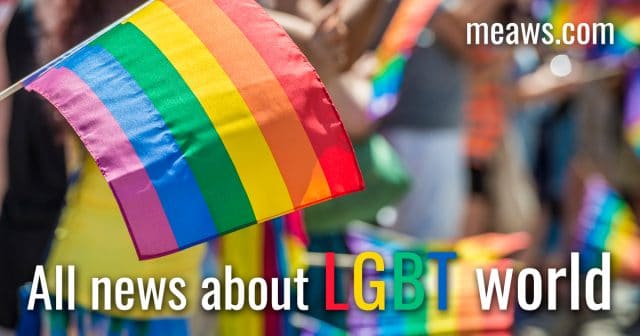

What is your perception of drug use in the LGBTQ+ community? Are we using more than our heterosexual counterparts? One part of understanding drug use and abuse is what leads people down that path. Desert Hope Treatment Center recently conducted a survey centered around LGBTQ+ drug use and how it compares to heterosexual individuals. The study was nationwide and included individuals that admitted to using or abusing drugs. 1,700 Americans took part with over 400 of them identifying as LGBTQ+.
Will the results match your perceptions?
LGBTQ+ individuals:
- started using at younger ages
- were more likely than heterosexual respondents to start using illicit drugs at 13 years old or younger (12% – 7%)
- had a higher rate of starting between 14-17 years old.
LGBTQ+ people are more likely to use drugs for a longer period of time. 43% of LGBTQ+ individuals said they used for 6 or more years compared to the 36% of heterosexual respondents that used for that same time period.

LGBTQ+ individuals:
- start with a harder drug (such as cocaine, meth, heroin, etc.) 31% as compared to 19%.
- more likely to try more types of drugs.

LGBTQ+ users had a higher response rate of use stemming from depression or loneliness which correlates with studies that have found a higher rate of mental illness among community members.

What about seeking help? Are LGBTQ+ better at asking for help?
30% of LGBTQ+ respondents said they had spent some amount of time, a higher rate than heterosexual respondents.

The Desert Hope Treatment survey asked respondents about their support systems and if they felt their sexuality made a difference in their ability to get help.
- Nearly half (47%) of LGBTQ+ individuals did not feel like they had a support system when they needed to end their use.
- 30% felt that their sexuality made it more difficult to get the help they needed.

Drugs use and abuse are a problem for every community. Unfortunately, our community faces problems from drug use and abuse at a higher rate than other groups. It is also sad that our LGBTQ+ individuals that are looking for help, they feel like they are NOT able to get the support that they need.
Source of information and infographics: DesertHopeTreatment.com







